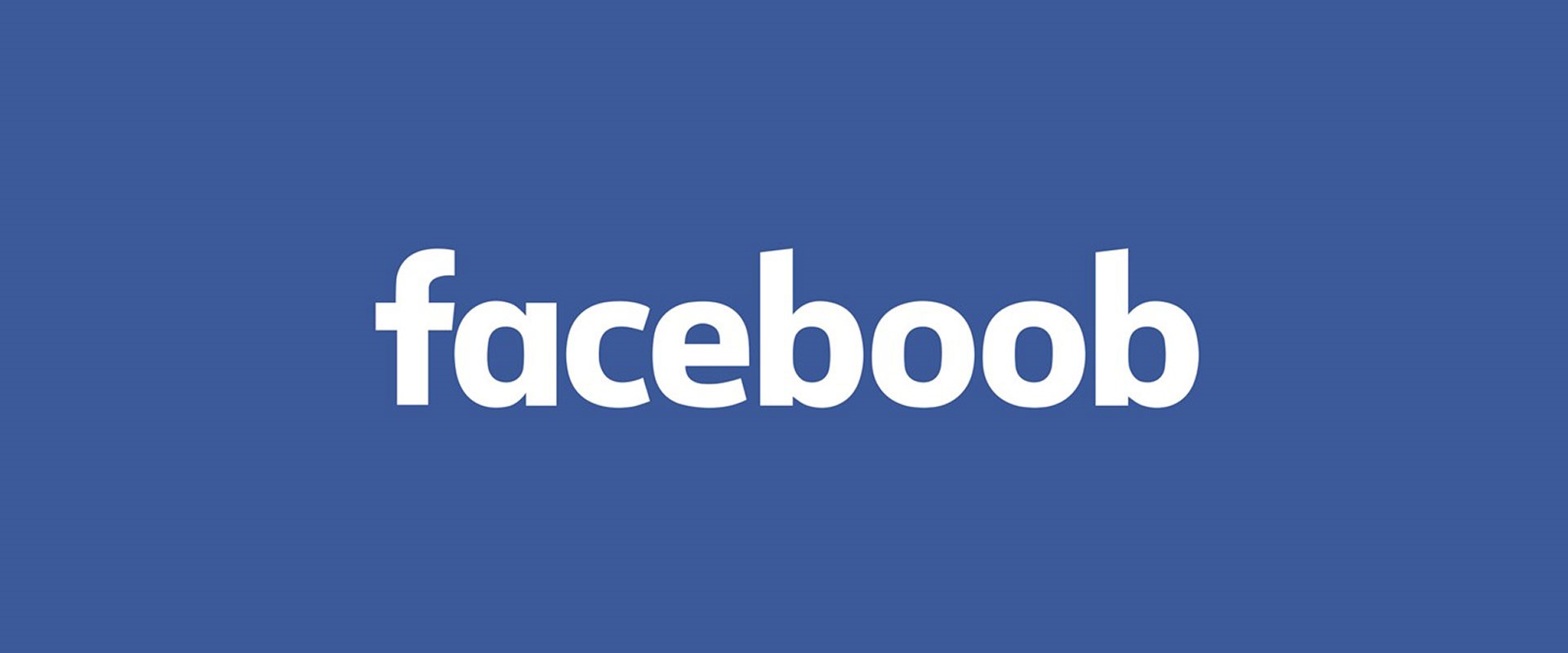Amidst growing criticism of his failure to respond to the data harvesting scandal story that broke over last weekend, Facebook CEO Mark Zuckerberg left it five days before posting this statement: "We know that this was a major violation of peoples' trust, and I deeply regret that we didn't do enough to deal with it. We have a responsibility to protect your data, and if we can't then we don't deserve to serve you. I've been working to understand exactly what happened and how to make sure this doesn't happen again." This was followed by some excruciating TV interviews with the likes of CNN, in which he (eventually) apologised.
Is it just me, or has anyone else noticed that whenever a big organisation is implicated in something so scandalous that the main man has to front up - be it the recent Oxfam case or a Social Services blunder or a Police travesty of justice or some Government debacle or a cheating Aussie cricket captain - they all follow the same basic script? 'We recognise we've made mistakes, we're going to look into it and we're going to learn from them'? It's almost as if they've been advised by some PR consultants about what to say in a PR disaster situation.
Mark essentially reiterated this tried and tested script, looked suitably embarrassed and assured us that he'll put the measures in place to ensure it doesn't happen again. Facebook oven took full page ads in the Sunday papers to publish Zuckerberg's statement and express their contrition.
Great, so that's that then, thanks Mark. Hopefully the share price will recover that $50M and we'll all get back to normal.
The thing is though, whilst the Cambridge Analytica story only came to light last week, there are apparently hundreds of millions more Facebook users who are likely to have had their private information harvested by other companies through the apps Facebook allowed developers to utilise, with their APIs, over many years. This policy allowed developers to access the personal data of friends of people who used apps, without the knowledge or permission of those friends, through a feature called 'Friends Permission'. There were many of these apps, apparently tens of thousands, who accessed Facebook user data and in return they gave Facebook a 30% cut, which is estimated amounted to something in the order of 17 Billion of dollars and may go a long way to explain why the company has, historically at least, turned a blind eye.
Disturbingly, it's not as if they weren't aware of the risks as there are several former executives and employees who were warning them - for years - about potential major data breaches. For example, Sandy Parakilas was their operations manager responsible for data and was warning the company back in 2011 - that's 7 years ago - about these risks, so he hasn't been surprised by the recent events: "It's been painful watching because I know that they could have prevented it."
He was asked, in a recent Guardian interview, what kind of controls Facebook had put in place over the data given to outside developers: "Zero. Absolutely none. Once the data left Facebook servers there was not any control, and there was no insight into what was going on." He challenged his bosses but he said their response was: "They said do you really want to see what you'll find? They felt it was better not to know. I found that utterly shocking and horrifying." Only when the furore about possible Russian influence in the US election hit the headlines in 2017, and Facebook were hauled before Congress, did they recognise the problem and even then "...they treated it like a PR exercise, they seemed to be entirely focused on limiting their liability and exposure rather than helping the country address a national security issues." Said Parakilas, one of several former executives who have been voicing similar concerns for some time.
The disregard of this issue and of the many warnings over many years about it, illustrates an - at best blasé at worst negligent - attitude which is symptomatic of an organisation that continually fails to police its platform. They've been slow to prevent use by paedophiles and terrorists, fake news is widespread as is trolling and bullying, democracy has now been undermined and there's a repeatedly arrogant attitude towards their users' privacy.
Writing in the Mail, Amanda Platell doesn't hold back on Zuckerberg: "Along with Zuckerberg’s unscrupulous greed, there’s his cowardice. Following the data-mining scandal, he disappeared for days. Only when the scale of the calamity it had caused Facebook became apparent — £35 billion wiped off the firm’s value in two days — did he make a statement. On top of greed and cowardice, we can add hypocrisy. Zuckerberg has relentlessly paraded his moral credentials, giving money to education projects, pledging billions to charities. He even called for a global tax on all workers to provide a universal basic income for all men and women. Yet Facebook does all it can to shelter its billions from the taxman. In 2016 in the UK, it paid just £5.1 million corporation tax on a profit of £58.4 million, a rate of less than 10 per cent. Zuckerberg makes the infamous U.S. Robber Barons of the 19th century, men such as oil magnate John D. Rockefeller, steel tycoon Andrew Carnegie, and transport king Cornelius Vanderbilt — who built fortunes often by questionable means — look like vicars at a tea party."

